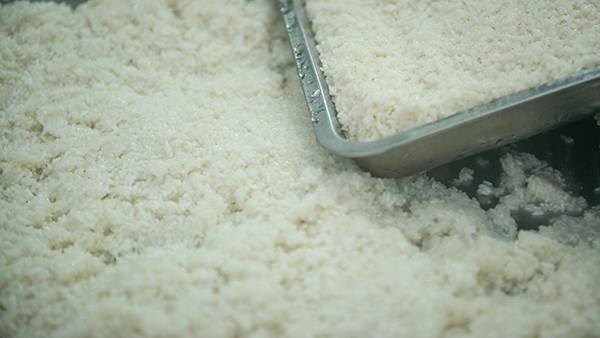Deliver me, Oh sweet one


A week after his first encounter with Nuoyan, Lecleir had it on his wine list, which comes with a recommendation to pair it with chocolate dessert or foie gras.
"Every time we present our wine to Chinese and foreign customers, they are really surprised, because they don't think you could make wine with rice," Lecleir says.
"When you say that it is made of rice, you can see they are a little bit skeptical. They are not so sure, but most of the time they want a refill."
Lecleir has also had Nuoyan in a blind tasting list, when some tasters have guessed it comes from France, after which he delights in telling them that they have just tasted Chinese rice wine.
The Belgian, who has lived in China for 10 years, says Chinese tastes in wine have changed, the preference for heavy strong ones shifting to lighter, refined ones.
Wang Dajun, 29, of Beijing, and originally of Jilin province, says that neither wine nor beer held any attraction for him until he gained an appreciation of rice wine, so much so that in June he set up Manmi, a rice winemaker.
As with Fan Yu and Huatianxiangzi, Wang sees great potential in young people as buyers.
"We are keen to show (them) that rice wine can be very fashionable, so our packaging draws on anime culture," he says.
Wang formed his team last April, with one partner focusing on anime culture and another on developing the product.
"My partner used to make rice wine at home, and her wines always sold out, so she wanted to bring them to commercial production, something I was also keen on," Wang says.
However, that is not a particularly easy task, the methods used to make a commercial product differing from those used in home brewing. For one thing, quality control is far easier when you are dealing with a single bottle of drink and quite another when you have to maintain quality standards in thousands of bottles.
"We've made a lot mistakes and wasted about 1 metric ton of rice, and it wasn't until a couple of months ago that we managed to gain some stability with our products."
Wang's team designed several cartoon images to help market the brand, and he says it sold 2,000 bottles by crowd funding on the e-commerce platform Suning and others.
"We're trying to make a rice wine that is fully in tune with the post-90s generation most."
Last June, Wang says, he received 1 million yuan in funding from Alumin Scarlett, a Beijing investment company, for his brand.




































